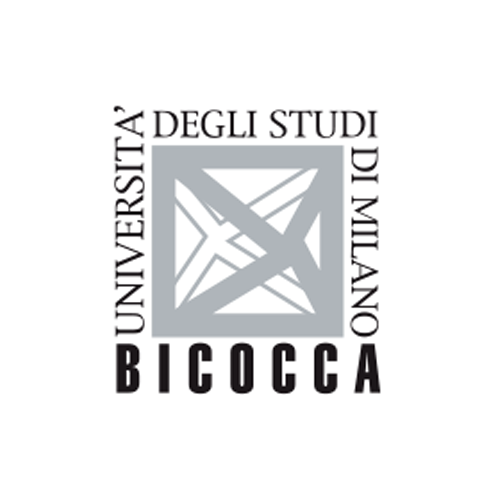University of Milano-Bicocca | Milan | Italy
The URBEUR urban studies PhD programme is located in the Department of Sociology and Social Research at the University of Milano-Bicocca. Designed for scholars, researchers and professionals, it provides a broad foundation in the field, with possibilities to develop a specific area of expertise. It trains researchers in both qualitative and quantitative analysis, and puts special emphasis on interdisciplinary and comparative approaches. Lavinia Bifulco explained how the PhD programme works with interdisciplinarity and with non-academic stakeholders in Milan.
How does the position of the programme in Milan affect research activities?
It’s very important the fact that the PhD is in Milan, because Milan is considered the economic engine of Italy and is also the most global city we have. We say in Italy that Milan is a laboratory of every kind of change: social, economic, political, cultural transformation. In a way, we test trends in Milan and then eventually we expand them to other areas of the country. The position in Milan is also important for the topics that the programme focuses on. It’s not by chance that economic development and social innovation are quite central to the PhD programme. The city of Milan has invested a lot in social innovation in the municipality of Milan, with the idea to combine economic growth and social inclusion. This is still a main objective of the political or local agenda.
How do you approach interdisciplinarity within the programme?
Interdisciplinarity is helped by the relationship between inside and outside, in the sense that if you try to strengthen the relationship between academia, research, the PhD programme and local society, it also encourages interdisciplinarity and a broader perspective on problems. If you stay in academia it’s not so easy, because academia has institutionalised a disciplinary way of coping with knowledge.
How do you engage with non-academic partners?
We created partnerships with social enterprises and the public administration. This is very interesting, because it means another way to think about research on urban and territorial dimensions that is very connected with the real social life outside academia. We practice different approaches to the relationship between scientific knowledge and non-scientific knowledge. There are some research projects carried out by students that are quite oriented to an approach of policy making or problem solving. So, very practical. There are other approaches that are more critical or reflexive, and try to practice public sociology, in the sense of engaging society in a dialogue about the problems that are focused on.

